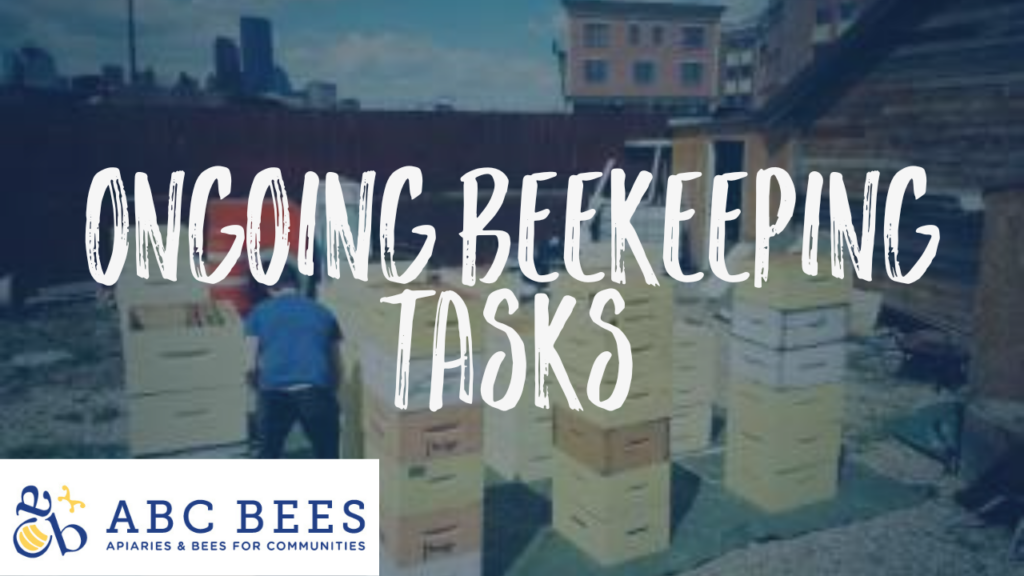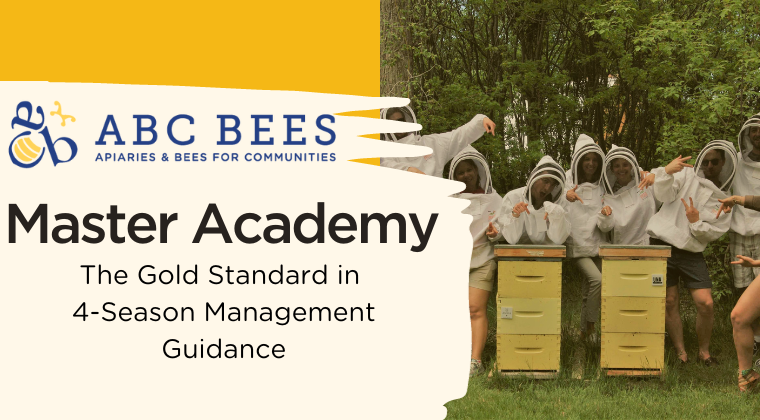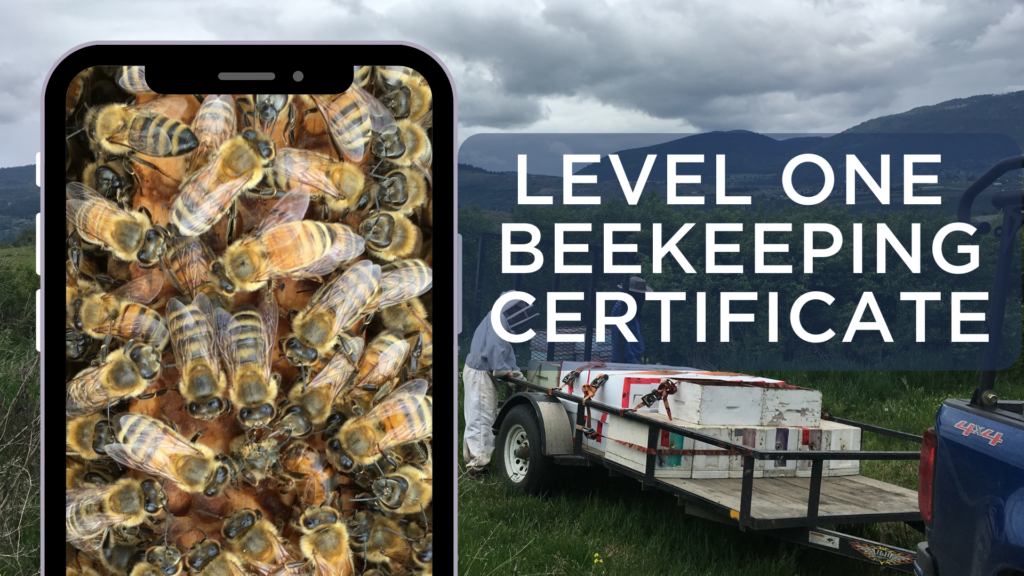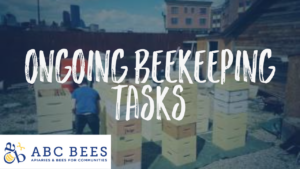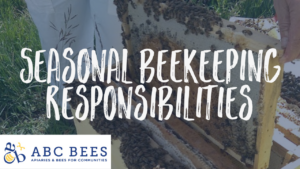Outcomes
Learners will have a comprehensive understanding of the year-round tasks necessary for successful beekeeping.
Key Takeaways
Beekeeping involves managing hives for honey production and immersing in the intricacies of nature.
Successful year-round beekeeping requires adapting tasks to changing seasons.
Seasonal preparation includes stocking up on feed, equipment, and medications.
Regular hive inspections are essential for monitoring hive health and addressing issues.
Sampling for pests and diseases should be done during peak periods to identify and address problems.
Integrated Pest Management (IPM) involves strategic treatments and non-chemical strategies.
Equipment management includes routine care, upkeep, and maintaining an inventory of supplies.
Beekeeping is a rewarding journey that requires adaptability throughout the seasons.
It’s essential to nurture strong and thriving bee colonies for honey production and environmental health.
Beekeeping is a captivating venture that immerses us in the intricacies of nature and the sweet rewards of honey production. To successfully manage your hives year-round, you need to adapt your beekeeping tasks to the changing seasons. In this blog post, we’ll explore the essentials of year-round beekeeping, from seasonal preparation to equipment management, ensuring your hives thrive throughout the year.
Seasonal Preparation
Just as nature transitions through seasons, your beekeeping tasks should evolve accordingly. Seasonal preparation is the cornerstone of successful beekeeping. It involves tasks such as stocking up on feed, acquiring essential equipment, and obtaining medications. Being well-prepared ensures you’re ready for the unique demands each season brings.
Regular Hive Inspections
Regular hive inspections are the lifeblood of beekeeping, except during the winter months. These inspections provide valuable insights and opportunities to spot potential issues early on. By closely monitoring your hives, you can ensure the health and productivity of your bee colonies.
Sampling for Pests and Diseases
Pests and diseases pose a continuous threat to bee colonies, with different culprits peaking during various times of the year. To combat these challenges effectively, familiarize yourself with disease sampling protocols. Sampling during peak disease periods can help you identify and address issues promptly, safeguarding your hives.
Integrated Pest Management
Integrated Pest Management (IPM) is a critical aspect of beekeeping. It involves strategic treatments and non-chemical strategies to combat pests and diseases. The timing of treatments and the choice of strategies may vary based on your region and local climate. Be sure to tailor your IPM approach to the unique needs of your beekeeping environment.
Equipment Management
Beekeeping equipment requires ongoing care and attention. This includes routine equipment treatment and sterilization, regular upkeep to ensure everything is in good working order, maintaining an inventory of supplies, and purchasing new equipment when needed. Proper equipment management ensures that you have the tools necessary for hive maintenance and honey extraction.
Conclusion
Beekeeping is a rewarding and dynamic journey that requires adaptability throughout the seasons. By staying well-prepared, conducting regular hive inspections, sampling for pests and diseases, implementing integrated pest management strategies, and managing your equipment diligently, you can nurture strong and thriving bee colonies. With dedication and a deep appreciation for the world of bees, you can enjoy the sweet rewards of honey production year-round. Happy beekeeping!

